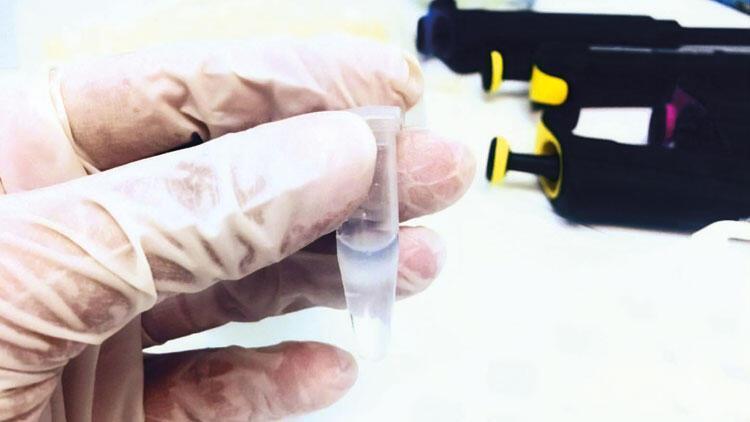
A Turkish start-up has produced a bacteria, named “PETman,” that can break the molecular bonds of one of the world’s most-used plastics - polyethylene terephthalate, also known as PET or polyester.
“PETman is a plastic-breaking enzyme that has been produced by taking inspiration from [other] plastic-breaking bacteria and is a result of a DNA transfer to another bacteria that has the capability of giving output in a very fast way. It has been produced with the reprogramming of bacteria genetically,” Begüm Esra Aytan, the founder of the start-up GeneOn, told daily Hürriyet.
The newly produced bacteria can break down PET into petroleum-based raw materials at 40 degrees Celsius, she said. The recycling of PET can also be done with chemicals, but only at the 250-400 Celsius degrees, which is quite a costly procedure, said Aytan.
“And the plastic raw materials that come out as a result of this [chemical] procedure cannot be used in sectors such as food and clothing as such products have a direct contact with humans. PETman, on the other hand, by getting rid of the high Celsius degrees and chemical factors, produces high-quality plastic raw materials that can be used in every sector and also does this at a much lower cost,” she said.
“These petroleum-based raw materials that come out as a result of this procedure and whose production is not possible in our country aim to decrease the dependency of our country and plastic firms in terms of raw materials abroad in the long-run,” she said.
The project is at a prototype phase, Aytan said, adding that the company has received the relevant approval from the Scientific and Technological Research Council of Turkey (TÜBİTAK). “And now the time has come to produce a significant number of products available for sale, by improving our production infrastructure. So, our product sales have not started; our optimization and configuration works are continuing,” she said.
She said that PET is one of the most-used products in the world today and the fastest growing sector in plastic production. And advances in recycling methods such as the production of “PETman” offer hope for the future, according to Aytan.
Turkish manufacturers are dependent on plastics imports and they are suffering increased costs. Overall, just 13 percent of the Turkish plastics sector’s input needs are supplied locally, according to the Turkish Plastics Industrialists’ Foundation (PAGEV). Therefore, recycling plastics to decrease Turkey’s trade deficit not environmentally, but also economically is an important issue.
“Trade deficit in the area of plastic raw materials is forecast to be around $8 billion by the end of 2019. Our first target is to bring a solution to this. And in the long-run, our target is, in addition to [our works on] PETman, to continue to produce biotechnological solutions that will ensure the recycling of plastic derivatives and waste water in an environment-friendly, affordable and healthy way,” said Aytan.